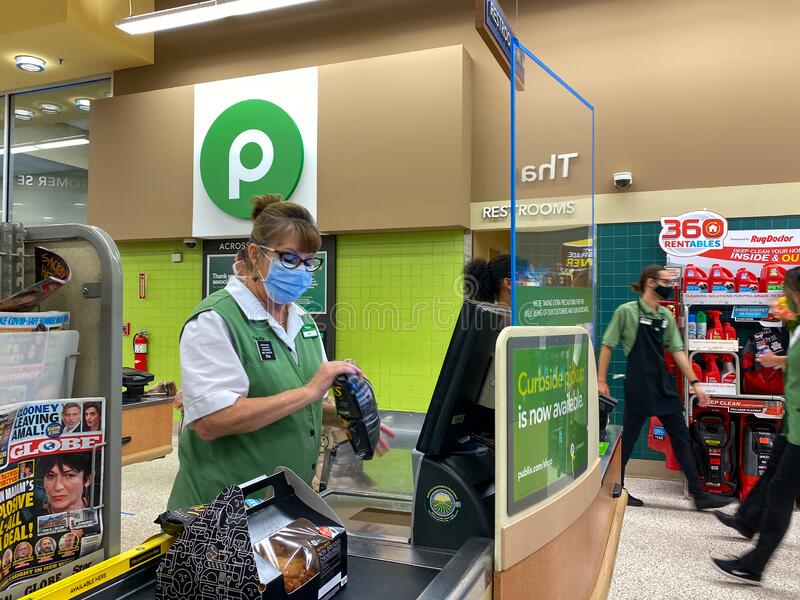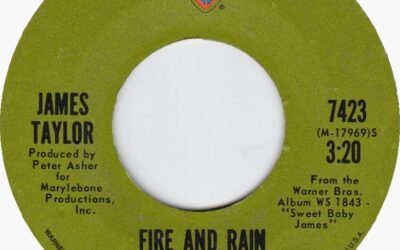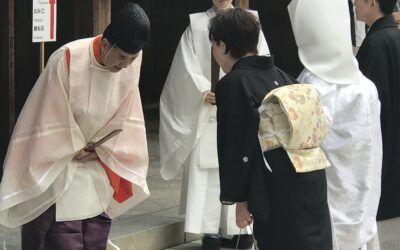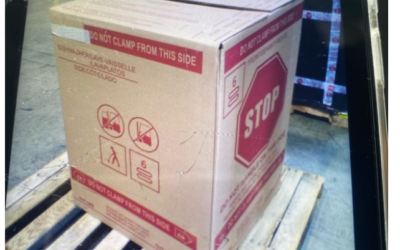It’s fifty degrees and the March sun is shining. I put on my water-resistant cross-country ski gloves, take hold of a shopping cart, and pass through the automatic door. I am at my local Hannaford supermarket. I’ve already procured ample supplies of my favorite specialty food items from the coop grocery stores where I usually shop, but I am now on a mission to secure the more mundane articles on my shopping list. I enter the store cautiously as if expecting some unknown assailant to jump me from behind. Having been warned of impending shortages of critical items, I casually drift over to the household supplies aisles, hoping not to be too obvious in my search for toilet paper.
The paper goods shelves are emptier than I have ever seen them, but there are still some packages of the coveted personal hygiene items. I take some – but not all – and add them to my cart. Next stop on the aisle is cleansers and disinfectants. I already have some cleansing wipes, which is lucky, as they are now all gone. For a moment I consider choosing some baby wipes to shore up my supply. But the image of some young mother needing them for her baby’s bottom stops me and I withdraw my outstretched arm. I choose a disinfecting spray instead. Feeling secure in my stash of infection-fighting agents, I move on.
The store is not crowded, but there are plenty of shoppers wheeling past. Nothing is different, yet there is an air of the surreal that pervades. What is it, I wonder as I reach for another gallon of milk, that is so unsettling? My mental shopping list reels off in my head as I roll on. I strain to remember as many items as I can before rummaging for the paper stuffed in the bottom of my purse. It includes the staples I need to buy prior to self-isolating, hopefully ahead of COVID-19 gaining a foothold in the Upper Valley. The other carts are driven by mothers with their toddlers riding along, fathers in search of the items on their lists, whole families sticking closely together. I pass a man maneuvering in his motorized cart and an elderly woman looking confused. Has she misplaced her list or forgotten to make one? Or is she simply wandering around looking for inspiration?
I am suddenly struck by the source of my discomfort. The store is silent. Beyond the rustling of shoppers, cashiers, and baggers, I can scarcely detect the sound of a human voice. The families shopping together are not talking; no children begging for this piece of candy, “Pleeeease, mom;” no couples quibbling about which brand of cereal to choose or which size would be cheaper; no neighbors chitchatting in the aisles. No one in a rush, no one even making eye contact. Everyone is like me, wandering slowly in a near fugue state, shell-shocked with the dawning reality that this trip to the store might be our last for a while.
Now, growing anxious to exit from this pre-apocalyptic scene, I head to the cash register and unload my cart. I have been careful to include my own bags, trying as always to avoid bringing single-use plastic into my home. The cashier is working alone without a backup bagger to help with the flow of goods from the belt to the cart. So I move as quickly as I can to do the bagging myself. When she is done ringing up the items, she moves to help me. Before I can stop her, she has loaded a double plastic bagful and handed it to me. Without thinking, I express some mild annoyance and she offers to re-bag using one from my supply. I decline, as the already used plastic bags would not be usable for anyone else. I pay with my credit card so that no one has to handle cash and I leave the store with an uneasy feeling.
Unloading the cart into my trunk, I reflect on the experience. I, along with every other person in that store, was operating in the panic of the unknown. The situation is new and we have not yet felt the brunt of either the infection or the deprivations that may ensue. But we know something terrible has happened, is happening, is about to happen. We don’t have new rules for how to behave, so we proceed with trepidation. And the cashier? That brave lady who, for a paltry hourly wage, faces the general public, breathing in any germs passing through her lane, so that we may all exit the store feeling safe with our newly purchased provisions. What of her?
I slam the trunk of my car closed, grab my cart, and stride swiftly back to the store. Carefully stacking the cart along with the others awaiting re-use, I again pass through the opening doors. I find my checkout lane and the cashier who is standing idle for a brief moment while a shopper fiddles with the credit card machine. I approach her and speak.
“I just wanted to apologize for complaining about the plastic bags. I appreciate the fact that you’re here. You’re doing a great job.”
She smiled and thanked me and I could tell it was an apology that was certainly due. And I headed back to my car with an epiphany: Being in a panic is no excuse for bad manners. Even in a pandemic, you can still be polite.






0 Comments